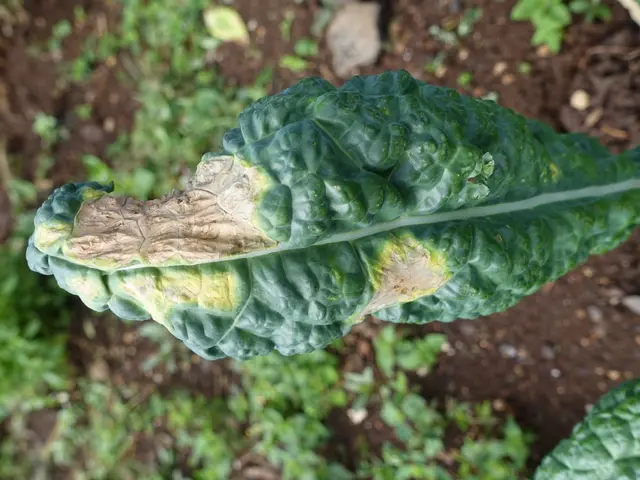Cannabis use potentially impacts birth control efficacy
Smoking tobacco is a leading cause of preventable deaths in the United States, with over 480,000 annual fatalities attributed to it, according to the Centers for Disease Control and Prevention (CDC) [1]. On the other hand, cannabis, particularly cannabis containing THC, is one of the more popular recreational drugs in the country, with nearly 20% of U.S. respondents reporting its use in a 2020 survey [2].
As more people turn to cannabis, questions about its potential interactions with other aspects of health, including birth control, have arisen. In this article, we delve into the complex relationship between cannabis, particularly THC and CBD, and hormonal birth control methods.
THC, the cannabinoid responsible for the "high" associated with cannabis consumption, can bind to natural cannabinoid receptors in the body, affecting the nervous system and impacting mood, perception, appetite, and cognition [3]. It's been observed that THC can suppress luteinizing hormone (LH) and follicle-stimulating hormone (FSH), potentially disrupting ovulation and menstrual cycles [1]. This hormonal disruption suggests that THC could theoretically interfere with the hormonal balance that birth control methods rely on, especially combined oral contraceptives (estrogen and progestin), but direct evidence of THC reducing birth control efficacy is lacking [1].
CBD, another cannabinoid present in cannabis, is known to interact with certain medications, including hormonal birth control pills, primarily due to its effect on liver enzymes (especially cytochrome P450 system) that metabolize many drugs [2][3]. By inhibiting these enzymes, CBD can potentially increase or decrease the blood levels of hormones in birth control pills, altering their effectiveness or side effects. However, concrete clinical studies on CBD specifically altering hormonal contraceptive efficacy are sparse [2][3].
Other hormonal birth control forms (implants, injections, patches, IUDs) depend on systemic hormone levels, so similar metabolic interactions with CBD/THC are theoretically possible, but evidence is minimal. Non-hormonal methods would not be affected.
Women using hormonal birth control who also use CBD or THC products should consult a healthcare provider for personalized advice, as interactions and impacts can vary based on individual physiology and product use. It's important to note that more research is needed to fully understand how cannabis may interact with contraceptive methods.
References:
- THC can suppress LH and FSH, disrupting ovulation and menstrual cycles
- CBD can interact with many medications, including hormonal birth control, by affecting drug metabolism
- Tetrahydrocannabinol (THC) is the cannabinoid responsible for the "high" associated with cannabis consumption and binds to natural cannabinoid receptors
- The hormonal disruption caused by THC, which can suppress luteinizing hormone (LH) and follicle-stimulating hormone (FSH), raises questions about its potential interference with hormonal birth control methods, particularly combined oral contraceptives (estrogen and progestin).
- CBD, another cannabinoid present in cannabis, has been observed to interact with certain medications, including hormonal birth control pills, by impacting the liver enzymes that metabolize these drugs, potentially altering the effectiveness and side effects of hormonal contraceptives.
- Women using hormonal birth control who also use CBD or THC products should consult a healthcare provider for personalized advice, as the interactions and impacts can vary based on individual physiology and product use.
- The science of cannabis's interaction with women's health, including sexual and women's health, and health-and-wellness is still emerging, with more research needed to fully understand how cannabis, specifically THC and CBD, may impact hormonal contraceptive methods.




